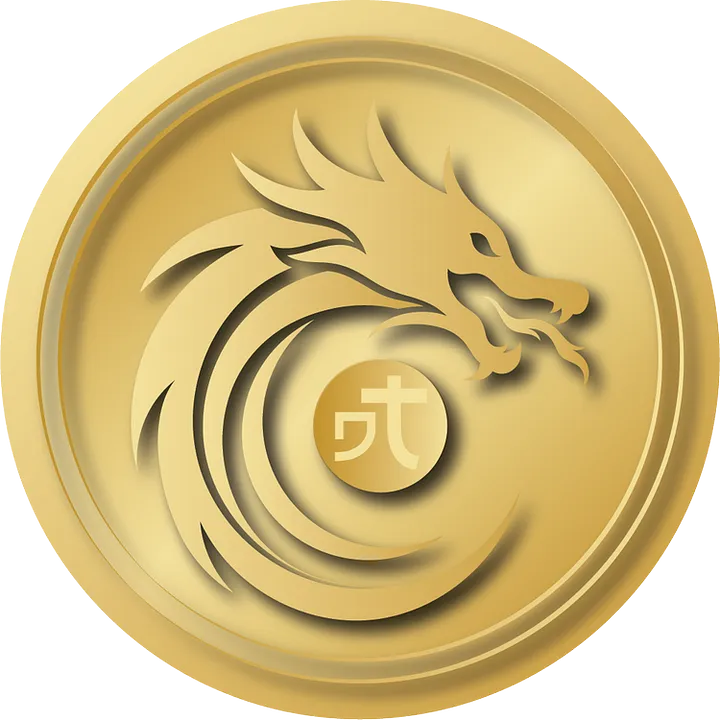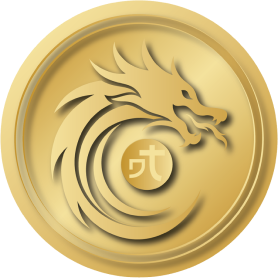Like a dragon dominating the ancient skies, striking fear on the hearts of those with plenty to lose, TSUKA is a coin poised to breathe fire at the ruling system to dismantle our old perceptions of wealth and ownership.
TSUKA operates under the principles of the ever elusive Ryoshi who is known for self-reinvention and self-actualization. At the heart of Dejitaru Tsuka is the very essence of decentralization, one that promises fair wealth distribution among holders of the coin.
Introduced during the bleakest period of the bear market, TSUKA swiftly ascended from a market capitalization of 3K to over 100M in just nine months. Presently occupying the seventh spot on Coinmarketcap’s premier memecoins roster, TSUKA owes its genesis to Ryoshi Research, a revered figure in the realm of cryptocurrency development, renowned for their prior involvement with Shiba Inu. TSUKA’s inception was marked by transparency, devoid of pre-sales, transaction taxes, or team token allocations aimed at capitalizing on investors. Embracing a community-centric approach rather than relying on corporate backing, TSUKA’s tokenomics defy classification under the Howey Test, reflecting its authentic success story.





